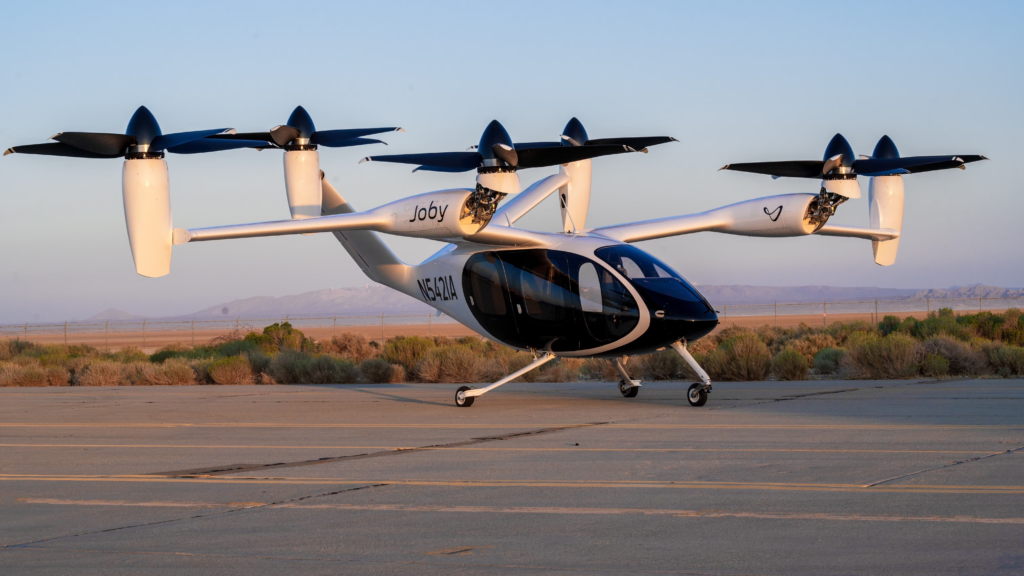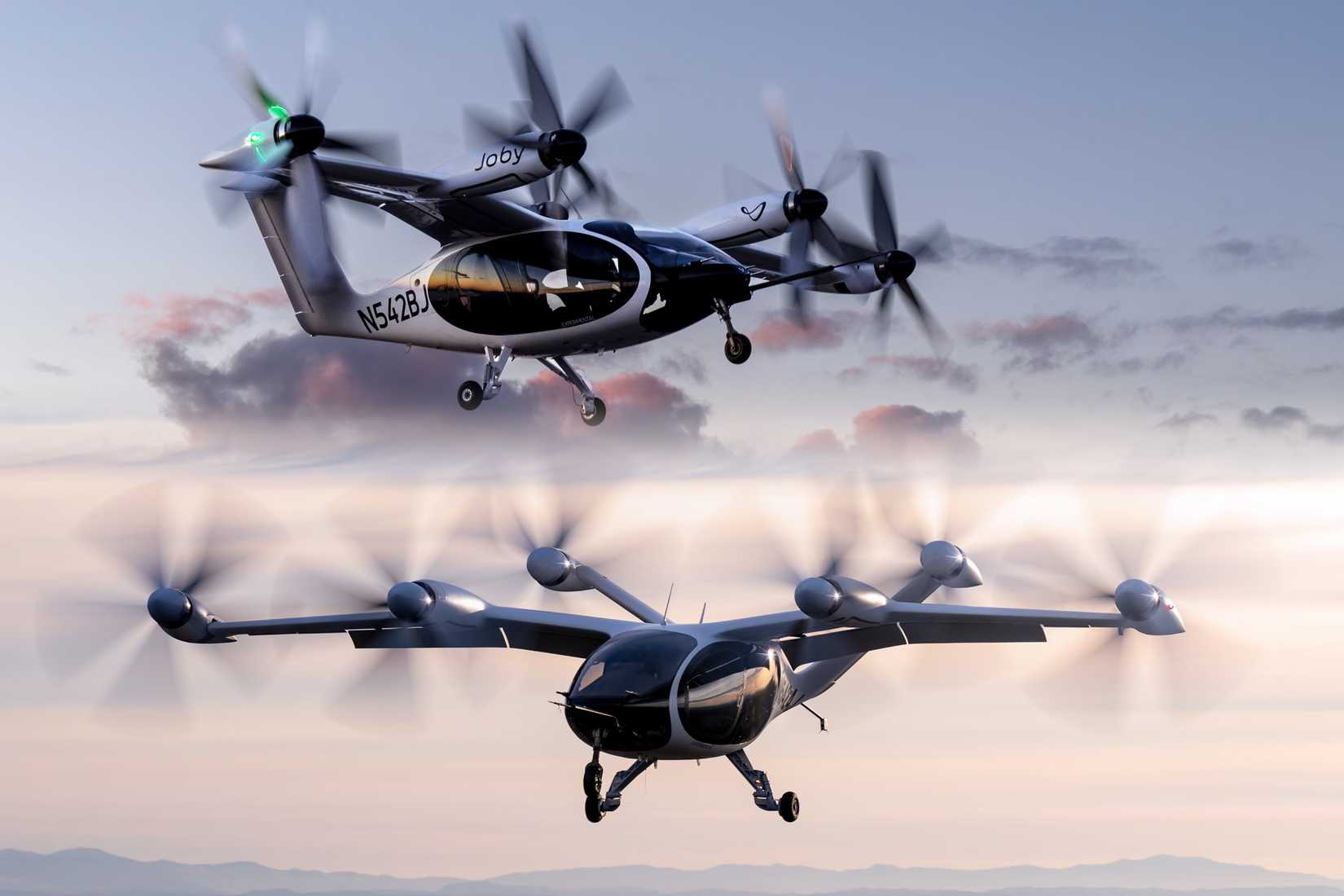Over the past year, Joby Aviation (NYSE: JOBY), a US-based manufacturer of electric vertical takeoff and landing (EVTOL) aircraft, has seen its stock prices balloon more than 170%, delivering incredible returns to shareholders during a year otherwise marked by financial difficulties. However, there is one interesting caveat that a number of financial analysts have been quick to point out: the company has no revenue at this time.
All of this bodes a relatively interesting question: How has Joby Aviation seen share prices rise so dramatically despite the company having no revenue-generation picture at this time? The answer is complex, and it demonstrates how stock price movements, especially in spaces with rapidly evolving technologies, can not always be explained by investing fundamentals. Let’s take a deeper look at Joby and what has been motivating the stock’s superior returns for investors.
A Unique Company
Joby Aviation is a US-based eVTOL manufacturer currently in the process of developing a five-seat electric air taxi that is designed to be optimized for short urban hops, with space for a single pilot and four passengers. The company is currently in the final stretches of securing type certification for its aircraft from the Federal Aviation Administration, with test flights already underway and FAA evaluations set to follow shortly.
Despite not having delivered aircraft to commercial customers yet, the company is diversifying its potential revenue picture by delivering aircraft to Edwards AFB for evaluation by the United States Air Force. On the production side, Joby is already expanding its factories, preparing to ramp up production rates once certification arrives. The company has an exclusive agreement to launch an air taxi network in Dubai, with service entry currently targeted for next year.
Why Is The Company Seeing Continued Share Price Rises Despite Having No Revenue?
It is extremely clear that fundamentals are not driving the continued growth in Joby’s share prices. The company is also extremely difficult to value, especially as it currently has no earnings (so a traditional price-to-earnings multiple cannot be used to determine the company’s trading premium), and it doesn’t even have any sales, making something like an enterprise value-sales multiple (which is typically used to measure early-stage companies) also useless for providing any insight. As a result, it is extremely difficult to understand or quantify what is driving Joby’s valuation surge.
For the most part, it is expectations that are driving Joby’s share prices upwards. Anticipations of the company’s first-mover advantage and potential order book once its aircraft become certified are key drivers of demand for Joby shares. The company does have a six-year exclusive deal to operate air taxis in Dubai, and testing in the local market is already underway. This demonstrates that the company does have a good chance of meeting its target of 2026 service entry.
Joby is quick to define itself as a “pre-revenue company,” arguing that investors should be focusing on its future cash flow generation potential. The company has attempted to demonstrate its ability to cater to new kinds of customers, specifically with its moves to enter the defense space earlier this year. The manufacturer also moved to acquire helicopter operator Blade, according to New York Times reports.
What Is The Bottom Line?
At the end of the day, investors should be wary when looking at Joby’s stock, especially if they are traditionally fundamentals-driven investors that do not rely on high-growth investment theses. A company still in the early stages of building an industry-defining product in a space historically defined by legacy players like ![]() Boeing and Airbus, Joby could still face competitive headwinds.
Boeing and Airbus, Joby could still face competitive headwinds.
Joby does still have competitive pressures to overcome, especially from fellow eVTOL players like Archer Aviation and Eve Air Mobility, according to Seeking Alpha. The manufacturer does have a head start and a meaningful partnership with the Dubai Government, but it does not have a proven ability to dominate the space, given that not a single commercial-grade eVTOL aircraft has entered service.
Joby’s stock rally this year demonstrates that some investors do have strong confidence in the company’s prospects, albeit without a strong fundamental reason to have these views. At the end of the day, stock prices are not driven by fundamentals but rather by the views of investors, who do not invest directly based on a company’s existing revenue or growth picture.





